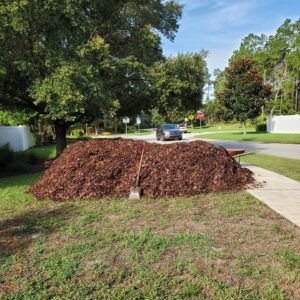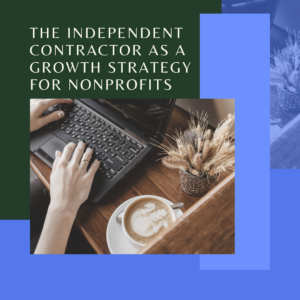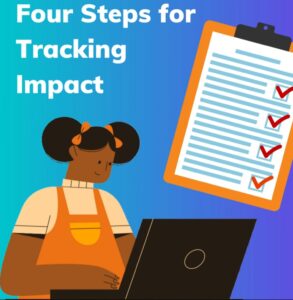Does your organization have what it takes to write successful grant applications?
Successful nonprofit grant writing has three key ingredients. See if your organization has the stuff to write successful grant applications.
1. Nonprofit Grant Writing Basic Documents
Before you can start grant writing, your nonprofit needs to have a few items in place. Though no two grant applications are 100% alike, the items below are required for basically all grant applications.
- Articles of Incorporation in your State – You must be a registered business entity in your primary state of operation.
- IRS 501(c)3 Determination Letter – This proves that you are recognized by the IRS as a nonprofit organization, exempt from taxation. Filing for this status can take some time. Here are some links on how to do this.
- Employer Identification Number – This is issued by the IRS and can be applied for online here. This is basically your nonprofit’s social security number.
- Mission Statement – states the purpose of the nonprofit and is required to receive 501(c)3 determination from the IRS.
- Annotated List of Board Members background and roles
2. Program and/or Project Budget and Plans
Grantors (and often donors) want to see a nonprofit business model that is financially viable before they give financial support. As a result, except for some smaller grants (less than $5,000), nonprofits usually must be active and showing consistent income for at least two years to apply for most grants.
To show your financial health to grantors, you will need additional items beyond the basics:
- Audited (by a CPA) financial statements
- Annual and project plans and budget
- Matching funds (i.e. money from a source other than the grantor for a project)
- Indications of financial health reflected in the budget and financial statement such as
- individual and/or corporate donations
- earned income (sales of goods or services)
- memberships
For Federal grants, you will also need:
- DUNS number – Required for Federal grant applications. You need an EIN to apply for this, which is done through the Duns and Bradstreet website here.
- SAM.gov and Grants.gov entity registration – This process can take 2 to 4 months.
To learn more about the importance of strategic planning, check out Warning from a Grant Writer: Grants Are Not the Solution! Try A Strategic Planning Process Instead from the Growing Your Good Work blog.
3. Nonprofit Grant Writing “Omnivorous” Mind
Nonprofit grant writers need to be able to be creative and administrative at the same time. Grant writing requires explanatory, creative, and technical writing alongside the ability to conduct data analysis, project planning and management, and budget preparation. They also need to ensure compliance with application requirements and have some knowledge of applicable laws and regulations.
In nonprofits with more than just a few staff members or volunteers, grant writers also need to bring together people from various perspectives and backgrounds. They will listen to the needs of each affected staff member or area. They will then summarize all the needs of a project or organization in the limited space given on most grant applications, usually 2,000 words or less.
And, once you get a grant, it must be managed so that you continue to get grant funds, but that is a blog for another time!
Get Started!
Now that you know what you need for successful grant writing, don’t wait to get started! Check out our Resources Page for more on getting your basic documents together. To learn how Growing Your Good Work can help you with your grant writing or other nonprofit needs, schedule your free 30-minute consultation by filling out the form below my picture.








